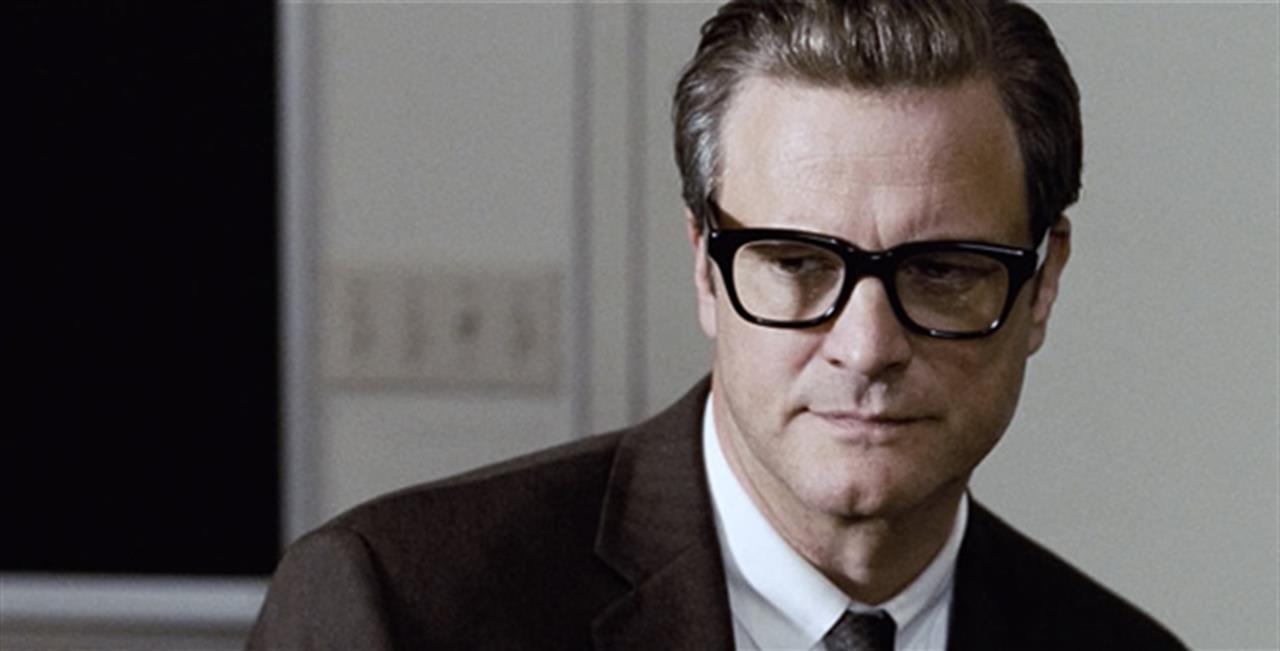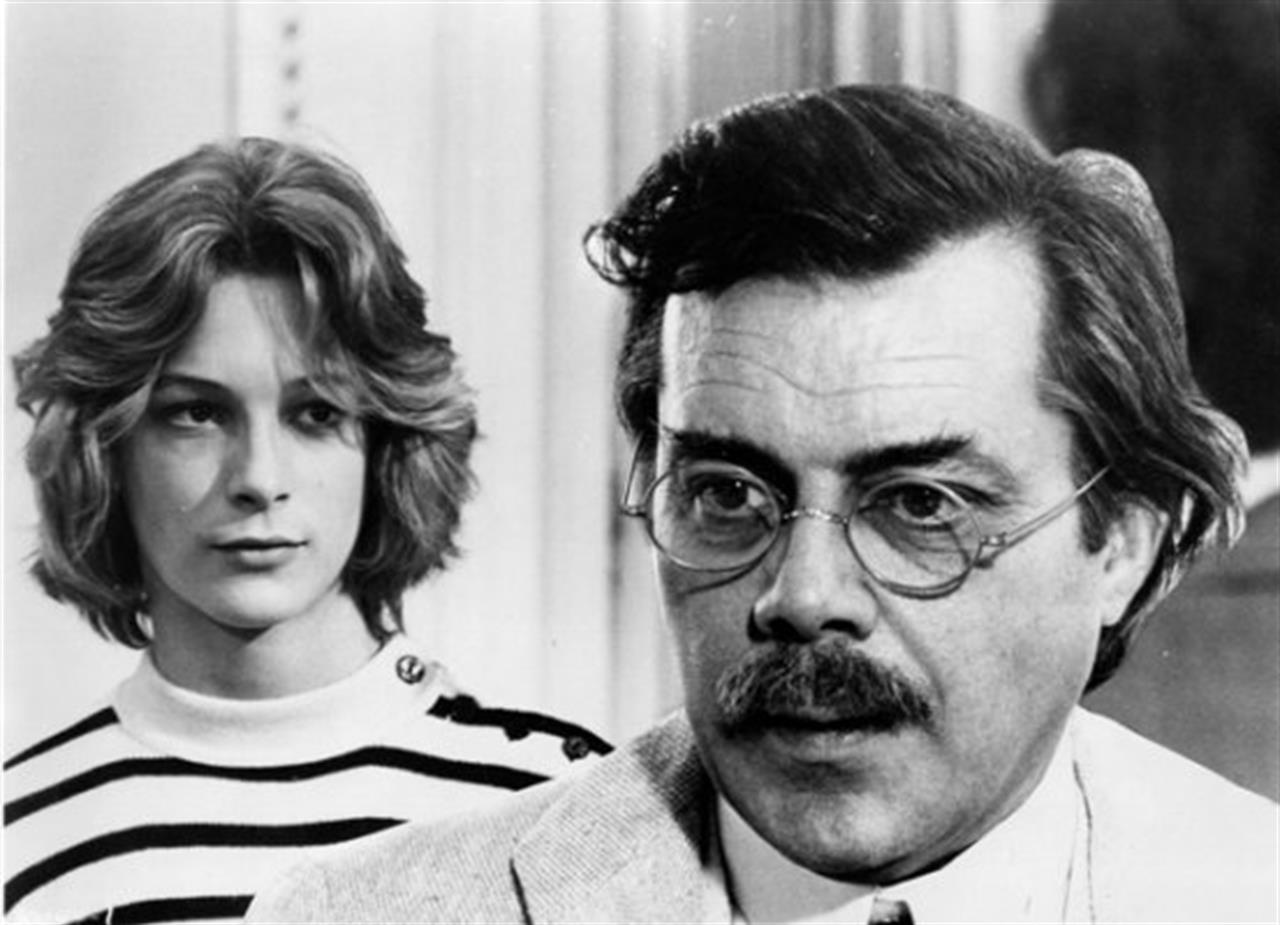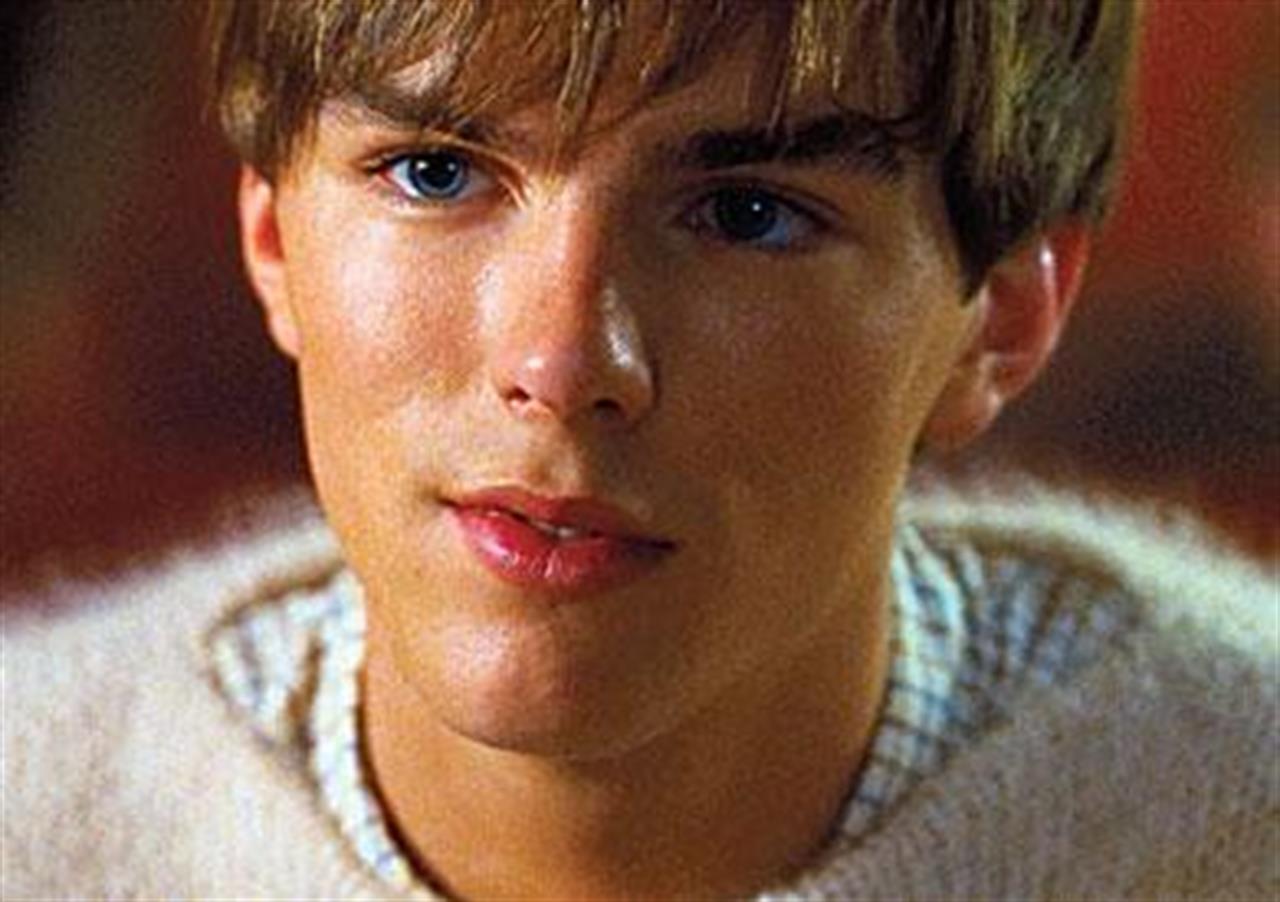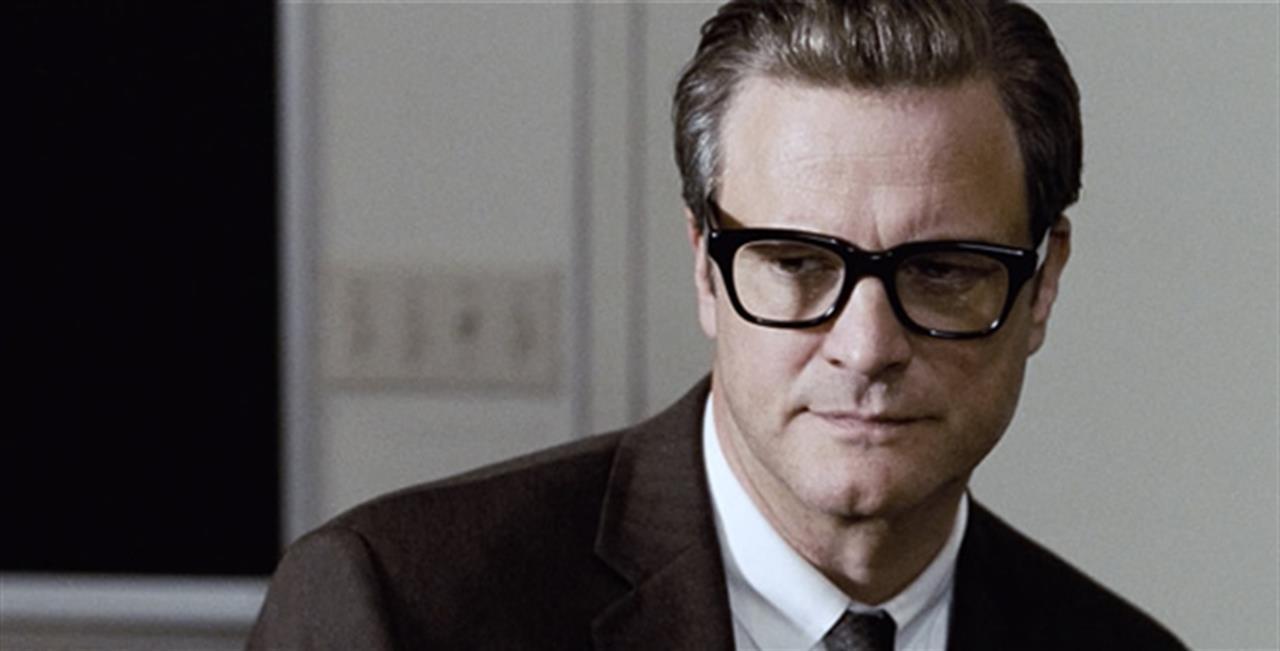
My first day at University the Prof asked me an unusual question for someone who was 18 years old, had always lived in a provincial town and raised in a conservative upper-class environment: ‘What’s your favourite film?’
I recently realized how much the answer can tell you about someone you don’t know. I always use it in job interviews.
Despite the surprise, I answered with no hesitancy: ‘La Morte a Venezia (Death in Venice) by Luchino Visconti‘
The young readers who wander through the darkness of ignorance mustn’t have read the novel by Thomas Mann which inspired the Italian director, direct descendent of the Dukes of Milan. It’s a fin de siècle story about an Austrian artist – a writer in the novel but a composer in the film – at the apex of his carrier but tired of life. He takes his holiday in Venice where he falls in love – against nature! – with a young Polish guy on holiday with his family.
You will forgive me if I refer to love and passion at the time referred to as ‘against nature’ and targeting a minor.
Prof. von Aschenbach, the main character, was not gay – previously married and had a child who died prematurely (as was normal at the time). The 2 hour film doesn’t have almost any dialogue but is like a documentary about the last days of an old man chasing his beloved across the labyrinth of Venice’s calle. The unnatural and illegal desire won’t ever been fulfilled because the man dies from a cholera epidemic.

You might find it strange that that was my favourite film in my late teens. Even stranger was that Thomas Mann wrote the novel in his 20’s. Yes, we were both disturbed… or at least pretty different compared to our fellows.
More than 15 years have gone between then and when I went to see the first film of Tom Ford, the fashion designer: A Single Man. Like Visconti, Tom Ford was inspired by famous novel. This time by Christopher Isherwood. Again it’s about a successful man disillusioned with life.
An American with a British academic expat live in a wealthy suburb staged during the Cuba missiles’ crisis. Adapted to the New World’s Puritanism, there is no paedophilia involved – his lover died in a car accident in his late 30s – and the main character is not a decadent European but an assertive American who has decided to end his sufferance with a bullet to his head.
However, like in the previous story, young people appear to distract him from his purpose: one of his students, kids of neighbours, a foreigner, and even a female lover of his old times in London. Like in the Gospel Saint Peter reneges Jesus 3 times, Prof Falconer refuses the offer of help every time. He doesn’t get that they are symbols of life reminding him of life’s worth despite his pain.

Just before the end of the day and film he changes his mind. His student who has chased him all day saves him from drowning and in the same way he falls in love again. Unfortunately he is killed by a heart attack the same night.
Even in this story, an inappropriate relationship is stopped by an invisible hand.
I thought I would love this film as I did with Death in Venice but found it self-indulgent and even slightly boring. Perhaps the film was not so bad but I had changed.
Yesterday I had dinner with Joerg, a lighting designer from former Eastern Germany. We shared some memories of our childhood and realized that we share something: a tragic vision of life combined with energy and will to make the best of this unique opportunity which has been given to us.
You might call it faith or madness but that energy is here. I can feel it inside. It’s the strength which makes me be creative every day and committed to challenge the status quo for a better world. I might failed but at least I tried… making my life meaningful and having fun!
I don’t believe in those who preach that society doesn’t change and we should stop caring but just focus on our individual gains. There is a quote from Saint Augustine I really like. It says something like: ‘Life is like a grinder which squeezes everybody. On one side you will find the ones who complained and despised life and is thrown away as waste. On the other side you will find the other who embraced life for what it is and turned it in to the most pure and sublime juice’.
It’s up to you what you make with your life. I have already chosen to leave the old rotten Professors in their misery and set for sail towards an unknown future.
Cosa fa VITA?
Da 30 anni VITA è la testata di riferimento dell’innovazione sociale, dell’attivismo civico e del Terzo settore. Siamo un’impresa sociale senza scopo di lucro: raccontiamo storie, promuoviamo campagne, interpelliamo le imprese, la politica e le istituzioni per promuovere i valori dell’interesse generale e del bene comune. Se riusciamo a farlo è grazie a chi decide di sostenerci.

